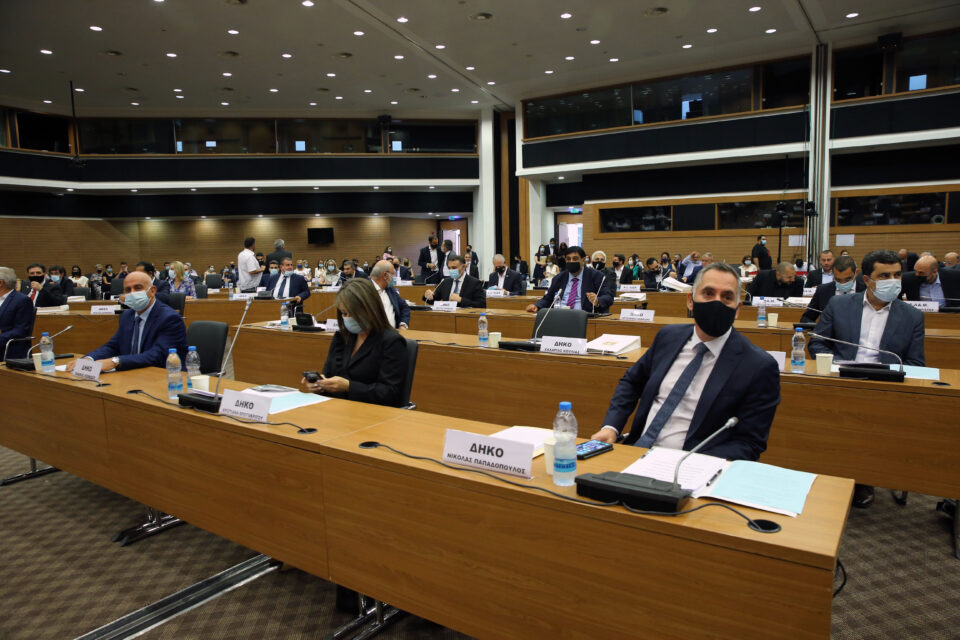An overhauled bill for the creation of an independent anti-corruption authority heads to the House plenary on February 10, with MPs still seeking common ground on how it will be appointed, the Cyprus News Agency reported on Wednesday.
Speaking after a meeting of the House legal affairs committee, its president Nicos Tornaritis said that concerns had been taken on board and the final draft was a “very powerful text” that should be supported by all.
But most political parties have said they will state their final position in the plenary, while the Greens plan to submit an amendment regarding the authority’s investigative powers.
The bill, which has been under discussion for four years, is one of a three-pronged approach to stamping out corruption. The authority will be able to refer possible disciplinary offences to the relevant body. If it finds that a criminal offence may have been committed, then it will submit a report to the attorney-general.
The other two relate to the protection of whistleblowers, which passed into law last month, while discussions are still under way on the third anti-corruption arm; transparency in public decision making.
One of the issues still pending is what procedure will be adopted to appoint the 15-member independent authority. The bill provides for an advisory body which would propose the candidates to the minister for their appointment by the president.
Tornaritis told MPs that he had contacted the supreme court president so that it could name the former president to chair this advisory body, replacing the ombudsman/ombudswoman who Akel objects to. This proposal has still to be approved by the supreme court. If rejected, then the ombudsman will chair, he added.
Another outstanding issue is the wording regarding the role of the House in the appointment process of the authority, with MPs pointing out that requiring that parliament is ‘consulted’ before names are submitted to the president for appointment could be ruled unconstitutional. Tornaritis indicated the wording could be changed to ‘inform’.
Akel MP Andrea Pashiourtides reiterated his party’s disagreement with the participation of the ombudsman and said his party would state its position in the plenary.
But Diko’s Panicos Leonidou countered that it was better to exclude academics rather than the ombudsman. Diko will be stating its position in the plenary, he added.
Fellow Diko MP Christiana Erotocritou said that even though the president has said that he will not challenge the constitutionality of the law, all laws are subject to scrutiny by society.
Edek’s Costis Efstathiou said that his party had warned from the beginning that intervention by parliament was unconstitutional, and even if the president does not challenge it, someone else could.
The Greens said they have doubts about the participation of academics who are considered a ‘closed community’ and many have links with political parties, their president Charalambos Theopemptou said. He added he understood Akel’s reservations regarding the ombudsman and agreed with Tornaritis’ proposal for the former supreme court president.
The Greens will be submitting an amendment to give the authority investigative powers in line with the proposals of the Bar Association.
Bar Association president Christos Clerides reiterated the suggestion that the authority be given full investigative powers along the lines of the police complaints commission. But he acknowledged significant improvement with increased powers being given to the authority.
And he welcomed the move to set up an advisory council but said this should be ‘disengaged’ from consultations with the House.







Click here to change your cookie preferences